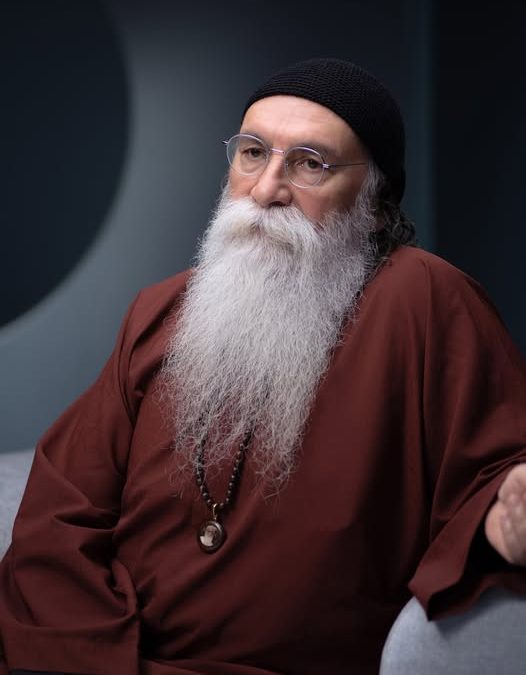
by Ma Muktananda | May 17, 2025
“Don’t dwell on what was, or rush ahead to what is not yet. Nothing can truly be lived outside the present moment. The past is over, gone; it cannot be changed or inhabited. The future, by its very nature, remains inaccessible; it is not yet.
To live anchored in memory or projected into anticipation is to inhabit a realm without ontological reality. Neither memories nor conjectures constitute an effective present. Those who cling to what has already happened or worry about what might come abandon the only place where something can truly be experienced: the now. The mind that wanders between what has ceased and what has not yet begun is emptied of reality. It loses the opportunity to be alive at the only point where life occurs.
Dissatisfaction arises when we allow our consciousness to be absent from the present. What we lack is not outside, but in the loss of attention to what is already here.
Being present is not a technique, it is an act of lucidity. Only those who remain attentive to what is happening in the moment can say that they are living. Everything else—memories, expectations, worries—is a form of evasion. Don’t get distracted: life won’t wait for you.
This moment is not a means to an end: it is the only real end you can reach. Wherever you are, everything is already there.”
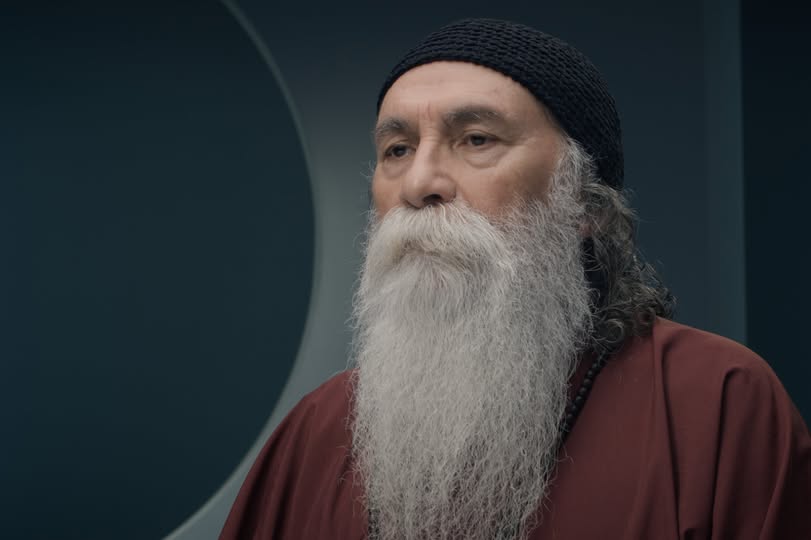
by Ma Muktananda | May 14, 2025
“There will come a time in your life when, looking back on your journey, you will not see a succession of triumphs, but rather firm and rational decisions. You will understand that your perseverance was not impulsive or romantic, but deliberate and conscious. In circumstances where giving up seemed logical, you chose to continue. And in doing so, you affirmed your will as the guiding principle of your life.
It was not chance that sustained you, but your ability to persevere in what was right, even when the immediate situation seemed to deny it. In this, Thomas Aquinas’ statement is fulfilled:
“Virtus in arduis consistit” —“Virtue consists in difficult things”
(Summa Theologiae, II-II, q.123, a.2).
True moral greatness does not lie in visible success, but in perseverance in the face of difficulty, complexity, and hard work. The gratitude you will one day feel toward yourself will not be a passing emotion, but a clear awareness of having been true to the best of yourself. You did not give in to the easy relief of giving up; you did not compromise what was essential for momentary comfort; you did not shy away from demands when the task required strength. Every decision that honored your convictions will ultimately be the cause of what truly has value. That day will not be identified with external triumph, but with the realization of your own consistency. As the apostle Paul writes:
τὸν καλὸν ἀγῶνα ἠγώνισμαι, τὸν δρόμον τετέλεκα, τὴν πίστιν τετήρηκα”
I have fought the good fight, I have finished the race, I have kept the faith.
That is not called triumph or success.
It is called choosing the right thing when it was costly and complicated.
It is called persisting when the world offered easy ways out and immediate rewards.
It is called enduring the loneliness of duty, without compromising with comfort or self-pity.
It is called completing the journey without betraying yourself, without becoming someone who is outwardly admirable but inwardly defeated.
It is called having quietly maintained a loyalty that did not demand applause, only integrity.
And in the end, when there is nothing left to prove, and the world’s opinion no longer matters, it will be called by its name:
Having lived with dignity.
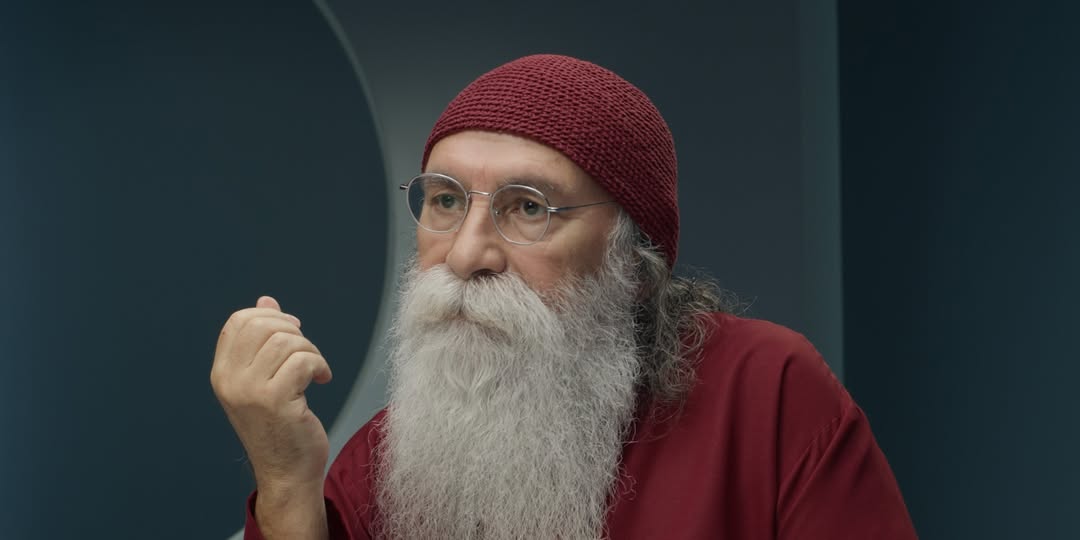
by Ma Muktananda | May 12, 2025
“Human beings are possibilities. This thesis, formulated by Jean-Paul Sartre, is not a metaphysical slogan, but an existential statement that commits the entirety of concrete life. We are not born with an established essence or a predetermined destiny: we become what we do with what we have been given. Existing, in this context, does not simply mean being in the world, but being called upon to shape ourselves in it through decisions that no structure can replace.
The freedom imposed on us is not a benign concession, but an inescapable burden. We are not called upon to repeat inherited models or reproduce the determinations of others. As Sartre points out, we are condemned to be free: not choosing is, in itself, a form of choice. Every gesture, every silence, every decision made or postponed is an affirmation of identity, a manifestation of the subject projecting itself into the future. However, this openness to possibility does not become a transformative impulse without a decisive inner experience: the discovery of one’s own power. Authentic motivation does not arise from fear or imitation, but from wonder at a latent promise. Only those who have glimpsed, even briefly, what they could become, gain access to a genuine desire for self-improvement. The will to realize the best version of oneself does not emerge from external pressure, but from falling in love with a future image that presents itself with the force of a vocation. That image does not refer to an abstract ideal, but to a unique task. Being what one is capable of becomes an ethical imperative. Renouncing that possibility is not only a personal loss: it also deprives the world of a unique singularity. Mediocrity, understood as the abandonment of one’s own potential, is not a natural limit, but an act of existential negligence.
Human existence is not closed in a given form. It is a work in progress, a constant opening. We are not what we are, we are what we become through our actions. In this uninterrupted process, freedom should not be understood as an abstract right, but as active fidelity to the best possibility we see in ourselves. Living authentically requires taking responsibility for that possibility and making it a form of presence in the world. Being, ultimately, consists of daring to become.”
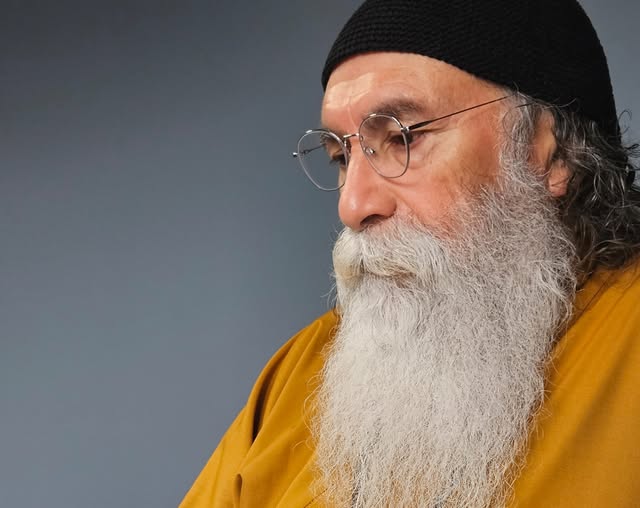
by Ma Muktananda | May 12, 2025
“Other people’s opinions are like an echo: they sound loud, but they don’t always say anything true. Listening to them carefully can be sensible; living to please them can be destructive. Inner freedom begins when we stop asking the world for permission to be who we are. Other people’s voices—even well-intentioned ones—rarely know the whole story behind our decisions. They speak from their limitations, project their fears, repeat what they have heard. In many cases, they are not talking about you, but about what they would do if they were you. But they are not you.
Socrates, questioned until his death, never allowed the opinion of the majority to displace the voice of his daimon. He listened to everyone, but obeyed only that which did not contradict himself. That integrity cost him his life, but it gave him something more valuable: consistency.
The Buddha taught that living for approval is like trying to fill a bottomless bowl. Something will always be missing. Serenity comes when you stop seeking validation and start seeing clearly. Those who constantly need approval have not yet found themselves.
Even Jesus of Nazareth was rejected by those closest to him. “Ἀμὴν λέγω ὑμῖν ὅτι οὐδεὶς προφήτης δεκτός ἐστιν ἐν τῇ πατρίδι αὐτοῦ.” “Truly I tell you, no prophet is accepted in his own country.” (Luke 4:24).
Misunderstanding does not invalidate the message. Sometimes, it confirms it.
Living according to the opinions of others is giving them control of your life. It is allowing those who do not understand your journey to decide your course. No one else knows your inner currents, your secret wounds, your silent motives. Only you can hear them faithfully. But ignoring others does not mean despising them. It means distinguishing between advice and manipulation, between criticism and conditioning. It’s not about closing yourself off, but about anchoring your compass at a point that doesn’t waver with every compliment or judgment. It’s very difficult to live authentically without disappointing others’ expectations. Being true to yourself sometimes requires appearing strange. Those who never make others uncomfortable or angry have probably given up on saying what they think or living what they love.
Be silent. Listen. Decide. External voices have their value, but the only one that should be irrevocable is the one that doesn’t need to shout: the one that, when everything else is silent, still says what you already knew.
That silent agreement with yourself—that non-negotiable center—is the highest form of dignity. And perhaps also the most precious.”
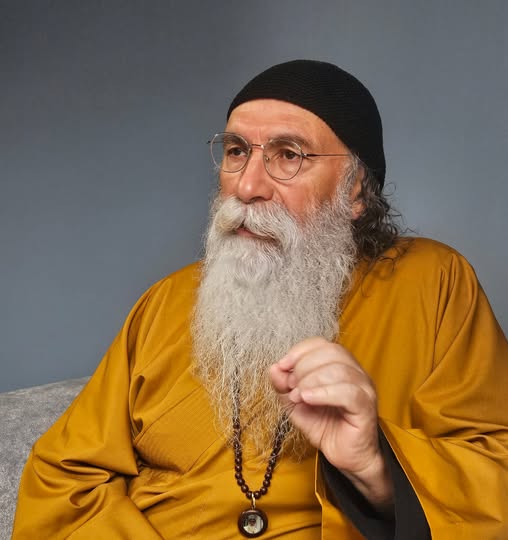
by Ma Muktananda | May 10, 2025
“We believe we are the children of those who gave us a name, a home, an education, and a language. However, what begets us is not individuals, but a broader process that transcends family ties.
Nature is not an external entity to which we occasionally return. It is the constant source of our existence, the condition that makes every breath, gesture, and thought possible. Our parents pass on a specific history to us, but the body, sensitivity, and intelligence we receive spring from a source that predates any social genealogy. We are children of nature, not by choice, but by the force that ignited attraction, passion, and desire in our parents. Before any deliberate act, it was nature that brought them together, acting as origin and mediator.
Before belonging to a family, we belong to the world. And this is not limited to the margins of the human: it encompasses, surpasses, and sustains it without asking permission or rendering accounts. Awareness of this belonging does not detract from emotional ties. On the contrary: it frees them from possessive illusions and roots them in a vaster solidarity, without borders or privileges.
Remembering that we are children of nature does not mean denying our family history, but integrating it into a broader understanding of who we are and what we owe to the existence that made us possible.”






Recent Comments